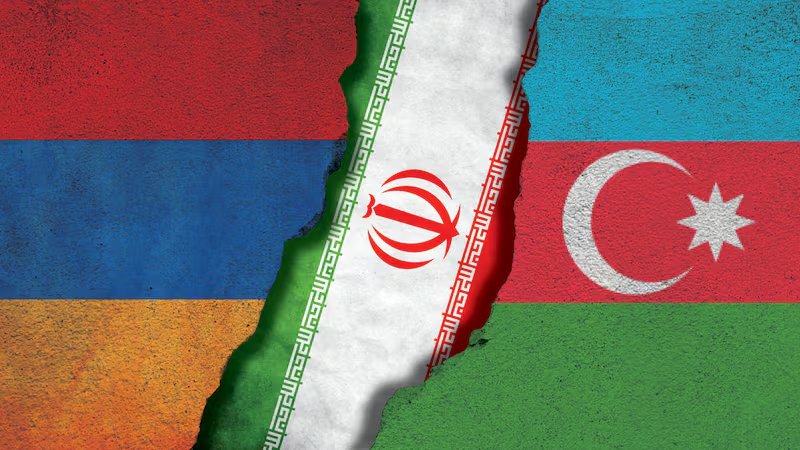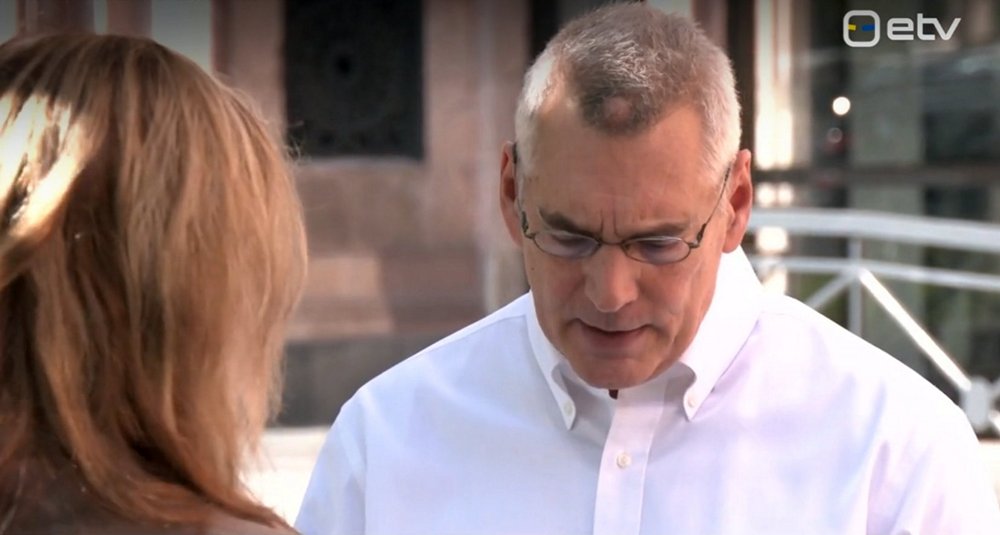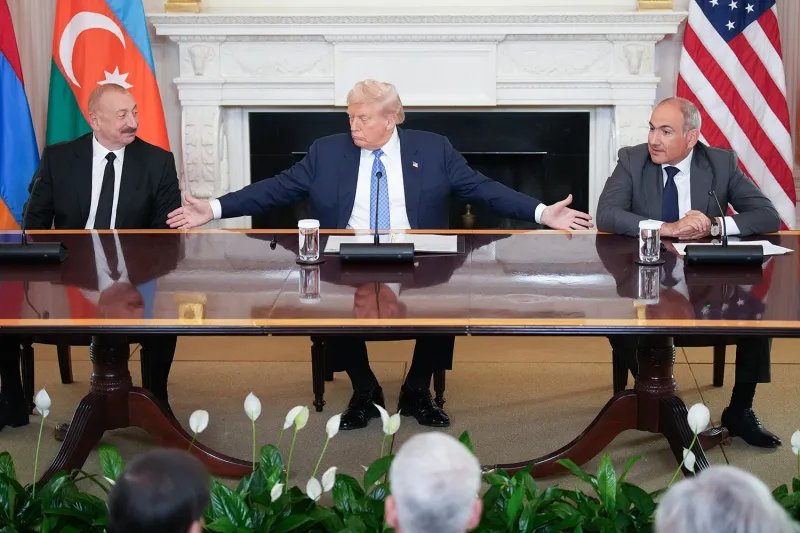In a report for Poland’s TVP World News aired on 15 September, RSC Director Richard Giragosian offered an assessment of recent developments in Turkish politics. The 10-minute interview was timed with the pending ruling by a Turkish court on whether to annul the main opposition CHP’s latest congress, potentially removing party leader Özgür Özel from office.

RSC Director Richard Giragosian was cited in a report by TRT: “Türkiye and Armenia edge closer to normalisation as delegations set to meet at border Armenia and Türkiye are neighbouring states with long-standing historical issues; however, the two countries have recently shown a growing interest in resolving their problems, including opening their borders.”

In his latest commentary for the UAE-based “The National” published on 5 September, RSC Director Richard Giragosian offered an assessment of the impact on Iran from recent developments in Armenian-Azerbaijani diplomacy. Entitled, “How Iran lost out in the Armenia and Azerbaijan peace deal,” Giragosian noted that “when the White House hosted a breakthrough Armenia-Azerbaijan summit last month, much of the focus was on Russia’s notable absence.

In a two-part report from Armenia by Epp Ehand for Estonian Public TV, RSC Director Richard Giragosian provided commentary on recent developments related to the preliminary agreement on road and rail connectivity through southern Armenia.

At the invitation of the Foreign Policy magazine in Washington, RSC Director Richard Giragosian authored a brief analytical article on Armenian-Azerbaijani diplomacy, published on 29 August:
A Trump-Brokered Peace Deal in the South Caucasus Is Hopeful but Incomplete
The Armenia-Azerbaijan summit in Washington offered progress, but also serious doubts.
By Richard Giragosian, the director of the Regional Studies Center, an independent think tank in Yerevan, Armenia.

